The following majors are being offered during Grandparents University (GPU) 2025. Enjoy exploring the wide range of GPU majors taught by UW faculty, staff, and graduate students from disciplines across campus. Please be aware that you and your grandchild will stay together in the same major for the entire two-day program — and that an adult must always accompany each child during the activities related to the major.
Please select majors based on your grandchild’s age, their physical activity level, and the accompanying adult’s physical activity level. The age range for each major has been carefully determined based on the focus and scope of the activities. As a reminder, all majors are subject to a seniority-based placement process.
Guide to Physical Activity Levels
Levels of physical activity vary among majors and field trips, so please read the descriptions carefully and choose what best suits your group’s physical abilities:
- Low: Most activities and tours take place indoors, with some walking required. Majors will have mostly seated activities.
- Medium: Some movement and walking is required between classrooms and venues, which may include stairs.
- High: Significant movement and physical activity, including walking or hiking outdoors.
We will make every attempt to honor accessibility requests made in advance.
ANIMAL ECOLOGY FIELD CAMP
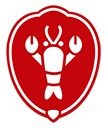
Session: I, II
Ages: 7–14
Lead Instructor: Jen Maggio-Laack, program planning and outreach coordinator, Upham Woods Outdoor Learning Center
Dive into the study of animals and their interactions with the environment as you learn about various water habitats and discover the amazing world of macroinvertebrates. You’ll also pick up ways to decipher animal signs and the keys to what makes reptiles different from amphibians.
Anticipated Activities:
- Water Quality Activity: Explore the water habitats near campus and the extraordinary ecosystems of macroinvertebrates.
- Animal Signs Hike: Become a detective, investigate animal clues, and solve nature’s mysteries.
- Reptile Adaptation Exploration: Meet Upham Woods education animals and learn about reptile adaptations.
Physical Activity Level: High
Note to participants: Wear shoes you can comfortably walk in. We will be going outside, so dress appropriately for the weather.
ART

Sessions: I, II, III
Ages: 7–14
Lead Instructors: A’ha Vuong, academic adviser, Art Department
Annmarie Suglio MFA’23, academic adviser for certificates and recruitment, Art Department
Leave your pencils at home and bring your imagination as we explore the wonderful world of art in its numerous forms! New this year, each session will focus on a different style of art, including expressive tote bag designs, clay vessels, and sun print narratives. Through these various mediums, we will have the opportunity to see where our minds — and hands — can take us. No experience with art is necessary, but a willingness to play and learn is required!
Anticipated Activities:
- Session I: Expressive Tote Bag Designs
- Session II: Clay Vessels
- Session III: Sun Print Narratives
Physical Activity Level: Medium
Note to participants: Though the major is mostly seated, there will be occasional periods of standing for up to 20 minutes at a time. Art materials may stain clothes, so participants should dress accordingly or bring an apron/smock.
BIOTECHNOLOGY
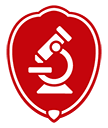
Session: I
Ages: 7–14
Lead Instructor: Liz Jesse ’98, science outreach specialist, UW Biotechnology Center
Explore the unknown and become a scientist by running your own experiments and other hands-on investigations in a real laboratory! You’ll extract DNA from wheat germ, tour the DNA and protein facilities at the UW Biotechnology Center, investigate which milks make better bubbles, and run an electrophoresis experiment to analyze samples of “alien blood.”
Anticipated Activities:
- Extract DNA glop from wheat.
- Investigate which makes better bubbles: skim milk or whole?
- Run the “Alien Blood Electrophoresis” gel.
Physical Activity Level: Low to Medium
BROADCAST JOURNALISM

Session: I, II, III
Ages: 9–14
Lead Instructor: Kelsey Brannan ’14, director of radio, WSUM Madison Student Radio
Testing, testing! In this major, you will get tuned in to the world of radio and the basics of interviewing and recording. At the end, you will put your newfound broadcasting skills to use by recording an interview between you and your family member(s).
Anticipated Activities:
- Learn useful interviewing techniques.
- Acquire basic recording skills.
- Record a two-way interview between you and your family member(s) to take home.
Physical Activity Level: Low
CHINESE LANGUAGE AND CULTURE

Sessions: I, II, III
Ages: 7–14
Lead Instructor: Xiaoyi Sun, instructor of Chinese, Madison Area Technical College
Go on a journey to experience Chinese pinyin, tones, and characters through games, music, and other hands-on learning activities. You’ll also immerse yourself in Chinese culture through activities such as Chinese calligraphy, songs, and festivals.
Anticipated Activities:
- Learn Chinese pinyin, tones, and characters through fun learning activities such as songs, music, an interactive map, a matching game, the telephone game, the four corners game, and role play.
- Explore and practice Chinese calligraphy.
- Experience Chinese festivals through videos and hands-on activities (make a moon cake, a paper lantern, etc.).
Physical Activity Level: Low
CIVIC ENGAGEMENT
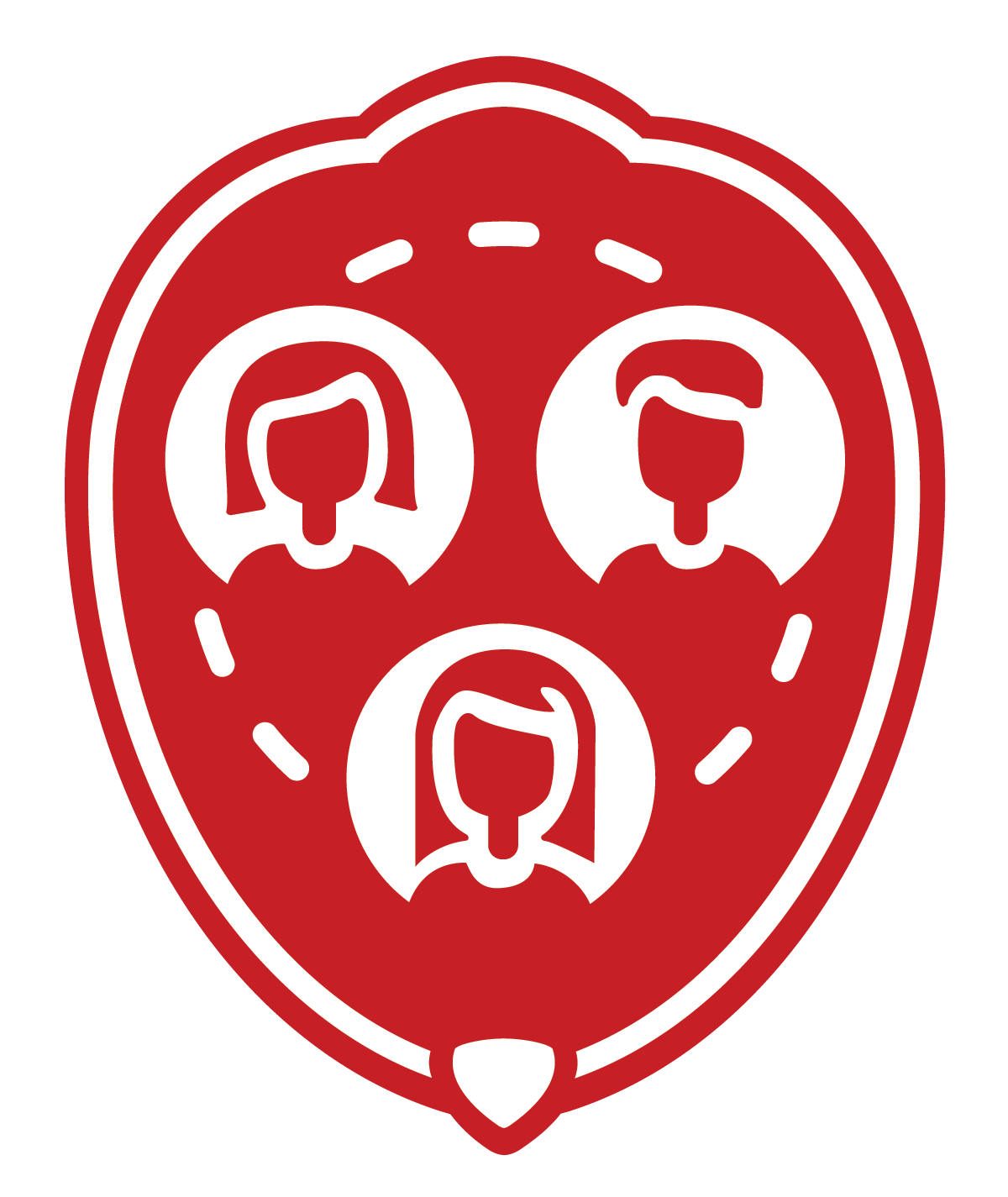
Session: I, II, III
Ages: 9–14
Lead Instructor: Elizabeth McCrank, community leadership development specialist, UW–Madison Division of Extension
Discover how you can improve real-life communities by using Minecraft. You’ll use the digital world of Minecraft as your building block to discovering ways you can contribute to your community by becoming civically engaged. In this interactive major, you’ll explore how anyone can be part of shaping policies in their school, neighborhood, and community.
Anticipated Activities:
- Create a social map.
- Use an action team to identify a community goal.
- Develop an action plan using the PATI framework.
Physical Activity Level: Low
COMPUTER SCIENCE

Session: I, II, III
Ages: 7–10
Lead Instructor: Peter Kirschmann, instructional administrator, Department of Computer Sciences
Computer scientists do more than just use computers; computer scientists solve problems with directions so precise that even a computer can follow the steps. In this major, you will learn some of the creative aspects of computer science, such as how to create your own interactive art, animated stories, and games in the Scratch programming environment.
Anticipated Activities:
- Learn what it means to be a computer scientist.
- See how computer science is used in other fields such as art, agriculture, fashion, and physics.
- Learn how to program in Scratch, a friendly programming environment designed for beginners.
Physical Activity Level: Low
DANCE
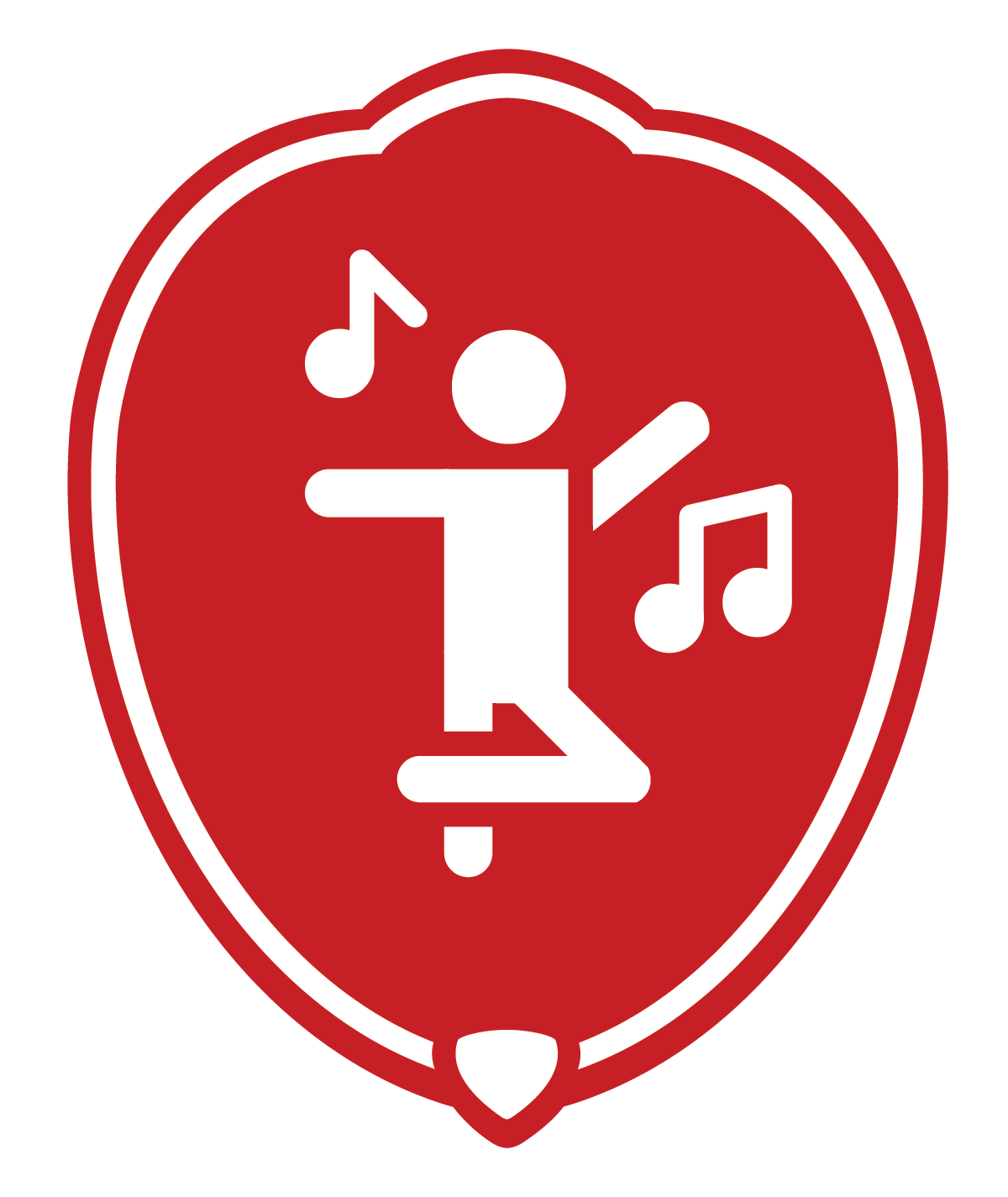
Sessions: I, III
Ages: 7–10
Lead Instructor: Sabrina Bonine, UW dance education certificate student, Dance Department
Get ready to free the rhythm as you explore creative movement together and work to dance intergenerationally as a community. You will enjoy taking part in both indoor and outdoor activities as you use nature as an inspiration for movement. You’ll also learn a phrase that you will be able to perform together for your classmates.
Anticipated Activities:
- More information coming soon!
Physical Activity: High
DESIGN AND INNOVATION — ENGINEERING
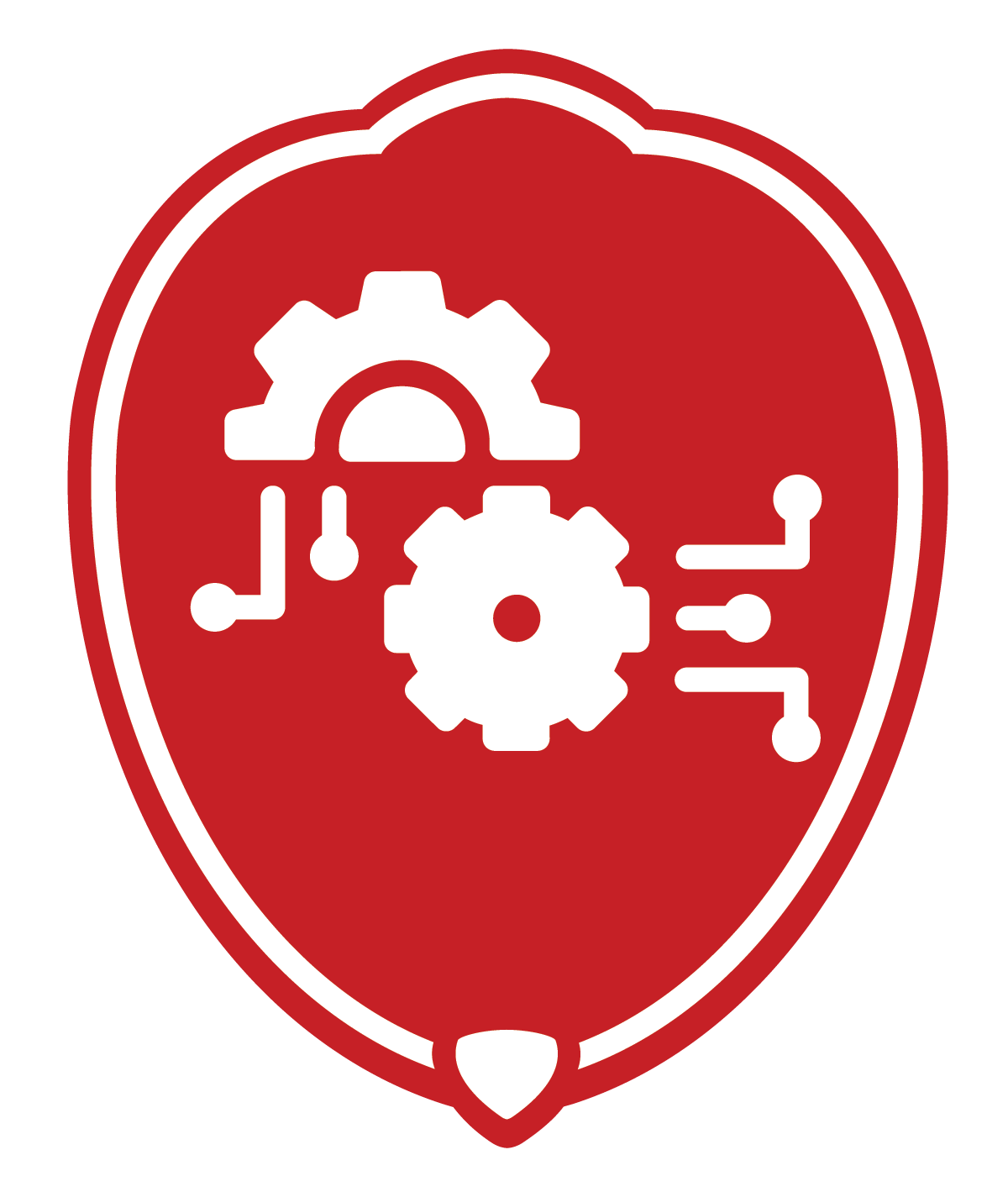
Sessions: I
Ages: 9–14
Instructors: Design Innovation Lab Team Members
In this major, you’ll work with a team to figure out how to solve problems with the guidance of faculty and college students. You do not need to be a technical wiz to participate – just bring your creativity and willingness to test new ideas!
Anticipated Activities:
- Grandparents and grandchildren will use the engineering design process to design and build a small, remote-controlled (RC), battery-powered car.
DIGITAL STORYTELLING

Sessions: III
Ages: 11-14
Lead Instructor: Sara Rabon, master’s degree student, Department of Communication Arts: Rhetoric, Politics, and Culture
Capture the imagination after learning the essentials of good storytelling. By drawing upon moments in your family’s history, you’ll gain practice in using technology to record those memories and edit a podcast that shines a spotlight on a story that you develop.
Anticipated Activities:
- Learn what makes for a good story.
- Practice interviewing techniques to capture stories.
- Record and edit a podcast that can be shared with friends and the community.
Physical Activity Level: Low
EARTH’S CLIMATE

Sessions: I, II, III
Ages: 9–14
Lead Instructor: Feng He MS’08, PhD’11, senior scientist, Nelson Institute for Environmental Studies, Center for Climatic Research
What are the “big 10” events during Earth’s 4.5-billion-year history? What were the climates during these events? Journey back in time to explore the evolution of Earth’s environment and climate from its beginning to the human transformation of it.
Anticipated Activities:
- Learn the evolution of Earth’s environment and climate.
- Tour the Geology Museum to see the evidence of dramatic changes of Earth’s environment and climate through time.
- Explore the wonderland of Earth’s history with Virtual Field Trip.
Physical Activity Level: Low
ENTOMOLOGY
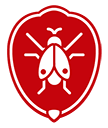
Sessions: I, II
Ages: 7–10
Lead Instructor: PJ Liesch MS’10, outreach program manager, Department of Entomology
Bug out by going inside the world of insects. You’ll learn about the biology, ecology, diversity, and importance of the insects around us through several hands-on activities, field trips, and interactive mini lectures. Venture out on an insect-collecting expedition along the Lakeshore Path and create your own curated insect collection. Along the way, develop observation skills by keeping a scientific journal during the course.
Anticipated Activities:
- Go on an outdoor expedition to find and collect insects.
- Design your own arthropod activity.
- Observe and hold a variety of live insects.
Physical Activity Level: High
ENTREPRENEURSHIP

Sessions: I
Ages: All Ages
Lead Instructor: Sari Ratner Judge, program manager, StartUp Learning Community
Learn what an entrepreneur is, what an entrepreneur does, and what characteristics make up a successful entrepreneur. Use your imagination and interests to come up with your own business idea based on your unique talents and skills. Create marketing materials and develop your idea using the Business Model Canvas.
Anticipated Activities:
- Choose your own business idea and create marketing materials.
- Create a Business Model Canvas for your business idea.
Physical Activity Level: Low
GEOLOGY

Sessions: I, II
Ages: 7–14
Lead Instructor: Melissa Reusche ’13, MS’17, doctoral candidate, Department of Geology
Building on your introduction to geology at the Geology Museum, you will discover the geology and water resources of Wisconsin. You’ll enjoy digging into the rocks of our state and gaining an understanding of Wisconsin’s rich geologic past. Then explore the rocks that contain water and the connection between surface water and groundwater.
Anticipated Activities:
- Create a Play-Doh model of Wisconsin’s bedrock geology.
- Build your collection of Wisconsin’s rocks.
- Learn how groundwater works.
Physical Activity Level: Low
LIMNOLOGY
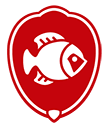
Sessions: III
Ages: 9–14
Lead Instructors: Anne Moser MA’87, education coordinator and senior special librarian, Wisconsin Sea Grant
Enjoy Lake Mendota, the perfect place to spend a summer day and explore a freshwater ecosystem. As a limnologist, you will test the water for oxygen and temperature and take samples of the lake’s murky bottom aboard Limnos, a 28-foot research boat. You will join our Sea Grant experts to explore the ecology of our Great Lakes. You will also learn about Wisconsin’s groundwater and work with water chemists in our laboratory.
Anticipated Activities:
- Take a field trip on the R/V Limnos, a 28-foot research boat, to collect water samples from Lake Mendota.
- Discover what makes the Great Lakes great and how to identify Great Lakes fish.
- Learn about remotely operated vehicles and assemble your own for testing in the flume tank.
Physical Activity Level: High. Significant movement and physical activity, including walking or hiking outdoors.
Note to participants: You will be getting in and out of a small research vessel. You’ll take water samples and board a boat from a wooden-plank pier. Please wear appropriate footwear. There is no formal seating on the boat. You’ll be standing or sitting on the gunnels for approximately 90 minutes. There will be some outside walking and climbing of stairs required. Be prepared for all weather: the boat will go out in all conditions except for lightning, including heat and rain. Be sure to cover for sun or rain and bring a hat if you would like.
MEAT SCIENCE — POULTRY

Session: I, II
Ages: 7–14
Lead Instructor: Sara Irizarry Rodriguez, graduate research assistant, Department of Animal and Dairy Sciences
Have you ever wondered why chicken nuggets are so tasty? In this major, you will have a chance to be a meat scientist and a meat processor. It’s a unique opportunity for you to cut up meat and make (and eat) chicken nuggets while learning about the science of meat processing every step of the way!
Anticipated Activities:
- Cut up a chicken to learn how the different parts are used.
- Make chicken nuggets.
- Learn about the science of meat processing.
Physical Activity Level: Medium
Note to participants: Please wear closed-toe shoes and bring a light jacket to wear during the meat plant tour.
METEOROLOGY

Session: II
Ages: 7–14
Lead Instructor: Taylor Norton ’20, MS’24, researcher, Space Science Engineering Center
Learn about forces that create our local weather patterns and about UW contributions to the field of satellite meteorology. In this major, you’ll view real-time imagery of Earth and its atmosphere on a 3-D globe and investigate weather phenomena like tornadoes and hurricanes via interactive computer activities. You’ll also test your orientation skills by identifying campus landmarks on satellite images while comparing them to your birds-eye view from the roof of our 16-story building.
Anticipated Activities:
- Explore the Space Science and Engineering Center’s 3-D globe room.
- Make weather observations from the roof of the Atmospheric, Oceanic, and Space Sciences Building.
- Learn about Antarctic meteorological research.
Physical Activity Level: Low
MUSIC

Sessions: I, II, III
Ages: 7–10
Lead Instructor: Jamie Henke ’85, PhD’89, distinguished teaching professor, Division of Continuing Studies
Let the music take control when you explore the structure of the blues and the three chords that make up the blues and how they are organized into a pattern. Then feel the rhythms of scat singing and create your own chants. Along the way, you’ll also enjoy tuning into UW Marching Band favorites.
Anticipated Activities:
- Learn about blues chords and the 12-bar blues.
- Tap into scat singing Badger style and create a jump rope chant.
- Explore UW Marching Band favorites.
Physical Activity Level: Low
NURSING

Session: III
Ages: 9–14
Lead Instructor: Britta Lothary, clinical instructor, School of Nursing
Examine the critical role nurses play in patient care, explore places where nurses work, and learn more about what nurses really do. During this interactive major, you’ll practice basic nursing skills using human-patient simulators in our skills lab at the School of Nursing. You’ll also play computer games designed to teach medical terms and learn about how nurses keep patients safe.
Anticipated Activities:
- Participate in interactive simulations in our various lab settings with administering “medications,” finding “germs,” and assessing mannequins with your own stethoscope.
- Learn about ways to prevent infections, the components of blood, and how to change a wound dressing.
- Utilize and understand the various components of personal protective equipment and how it keeps nurses safe.
Physical Activity Level: Medium
PHARMACY
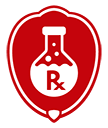
Sessions: I, II, III
Ages: 11–14
Lead Instructors:
- Dave Mott, PhD'95, William S. Apple Distinguished Chair, professor, and associate dean for advancement
- Edmund J. Elder, Jr., director, Zeeh Pharmaceutical Experiment Station, and administrative director, Lachman Institute for Pharmaceutical Development
- Jessica Bergsbaken, teaching faculty, School of Pharmacy
- Edward Portillo, PharmD'14, assistant professor, School of Pharmacy
Explore the world of pharmacy — visit several interactive stations as you learn about the role of pharmacists and the science behind helping people live better, healthier lives. You’ll also discover how to identify certain medications, how custom medication is made, how best to communicate with patients, and how to prepare and distribute medicines safely. Plus, enjoy the chance to make your own candy gummy bears — that you can eat — and take home your own lab coat.
Anticipated Activities:
- Make candy gummy bears while learning the proper ways to prepare and give out medicines.
- Put yourself in the shoes of a pharmacist during a medication safety role-playing exercise.
- Learn about the discovery of new medications.
Physical Activity Level: Medium
Note to participants: This major will have mostly seated activities. Some movement and walking are required. An elevator is available. Closed-toe shoes are required in the laboratory.
RESTORATION ECOLOGY
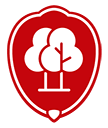
Session: III
Ages: 7–14
Put on your sleuthing hat and investigate the Arboretum’s Native Plant Garden, Curtis Prairie, and Teal Pond Wetland to learn about plant and animal habitats. Through these investigations and close observations of Wisconsin native plants and insects, you will learn about pollination, invasive species, the importance of restoring lands to native habitats, and research being done at the Arboretum.
Anticipated Activities:
- Make observations of Wisconsin native plants and animals.
- Participate in a work party by removing invasive species and playing tug-a-suckle.
- Become a citizen scientist by practicing monitoring skills and collecting and submitting data.
Physical Activity Level: High
Note to participants: Be prepared for the weather and mosquitoes. Wear comfortable walking shoes and a hat. Bring a raincoat if rain is in the forecast. On Friday, wear long pants, closed-toe shoes, and a long-sleeve shirt.
SciArt GARDEN ADVENTURES

Sessions: I, II, III
Ages: 7–14
Lead Instructor: Ryan Dostal, outreach specialist, plant and agroecosystem sciences, Allen Centennial Garden
Learn how the Allen Centennial Garden’s gardening practices are helping to mitigate the effects of urban life and climate change by connecting people to plants. In this major, you will get your hands dirty and leave with a newfound appreciation for plants.
Anticipated Activities:
- Observe and journal about nature and the natural world.
- Gather flowers to create works of art.
- Harvest, dissect, and grind flowers and plants to create unique watercolors.
Physical Activity Level: High
Note to participants: Come dressed for the weather; we will walk from Allen Centennial Garden to Lake Mendota; this event will be outside unless there is lightning or heavy rain.
SOCIAL ROBOTICS

Sessions: I, II, III
Ages: 9–14
Lead Instructor: Callie Y. Kim, graduate student, Department of Computer Sciences
Come meet a robot! In this major, you’ll learn how researchers are developing social robots for our everyday lives. Plus, you’ll study the social cues that these robots use to interact more easily with humans. And don’t miss an opportunity to learn how to program a robot to emulate some of these characteristics.
Anticipated Activities:
- Learn what “social robots” are and how they are involved in our lives.
- Design a human-robot social interaction by observing human behavior.
- Program robots to emulate social characteristics.
Physical Activity Level: Medium
SOUTH POLE SCIENCES
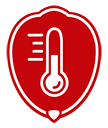
Session: I
Ages: 7–14
Lead Instructor: Alisa King-Klemperer, communications manager, Wisconsin IceCube Particle Astrophysics Center
Join us for a hands-on exploration of IceCube, the biggest and strangest telescope in the world. Learn about the lives of researchers who are working in the extreme South Pole environment to develop new ways to explore the universe. You’ll learn about neutrinos — the mysterious cosmic messengers detected by IceCube — and what they tell us about the composition of matter, cosmic explosions, and more.
Anticipated Activities:
- Become an ice driller! Work in teams to drill the ice like they do in the Antarctic glacier.
- Experience IceCube through virtual reality.
- Calibrate your very own detector.
Physical Activity Level: Low
SUSTAINABLE ENERGY SOLUTIONS
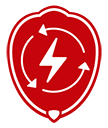
Sessions: I, II
Ages: 11–14
Lead Instructor: Allison Bender, outreach and events coordinator, Wisconsin Energy Institute
Become an energy expert and learn how researchers are working together to advance the transition from fossil fuels to renewable energy sources. How can we make the best windmill? Can prairie plants replace petroleum in our cars and trucks? Everybody is needed — from engineers to artists to politicians. Join us to learn why renewable energy is so exciting and put your new knowledge to work with hands-on activities.
Anticipated Activities:
- Design a wind turbine and test it to see how much power you can generate in a wind tunnel.
- Conduct an experiment to see how much ethanol you can make from plants.
- Become an oral historian and interview your grandparents about changes during their lifetime.
Physical Activity Level: Medium
Note to participants: Please wear closed-toe shoes for being in the lab, bring a water bottle, and dress for the weather.
THEATRE AND DRAMA

Session: II
Ages: 11–14
Lead Instructors: Stephen Tabor, teaching faculty I, Department of Theatre and Drama
Turn yourself into a real character by engaging in a form of free play with other participants and individual activities during this interactive major. Exercises in the psycho/physical connection with each other will open the channel of joy, spontaneity, and creativity.
Anticipated Activities:
- Learn how an actor can be activated through physical play.
- Create an acting scene.
- Explore kinesthetic responses to your environment.
Physical Activity Level: High
TUNING INTO HEALTHY MINDS
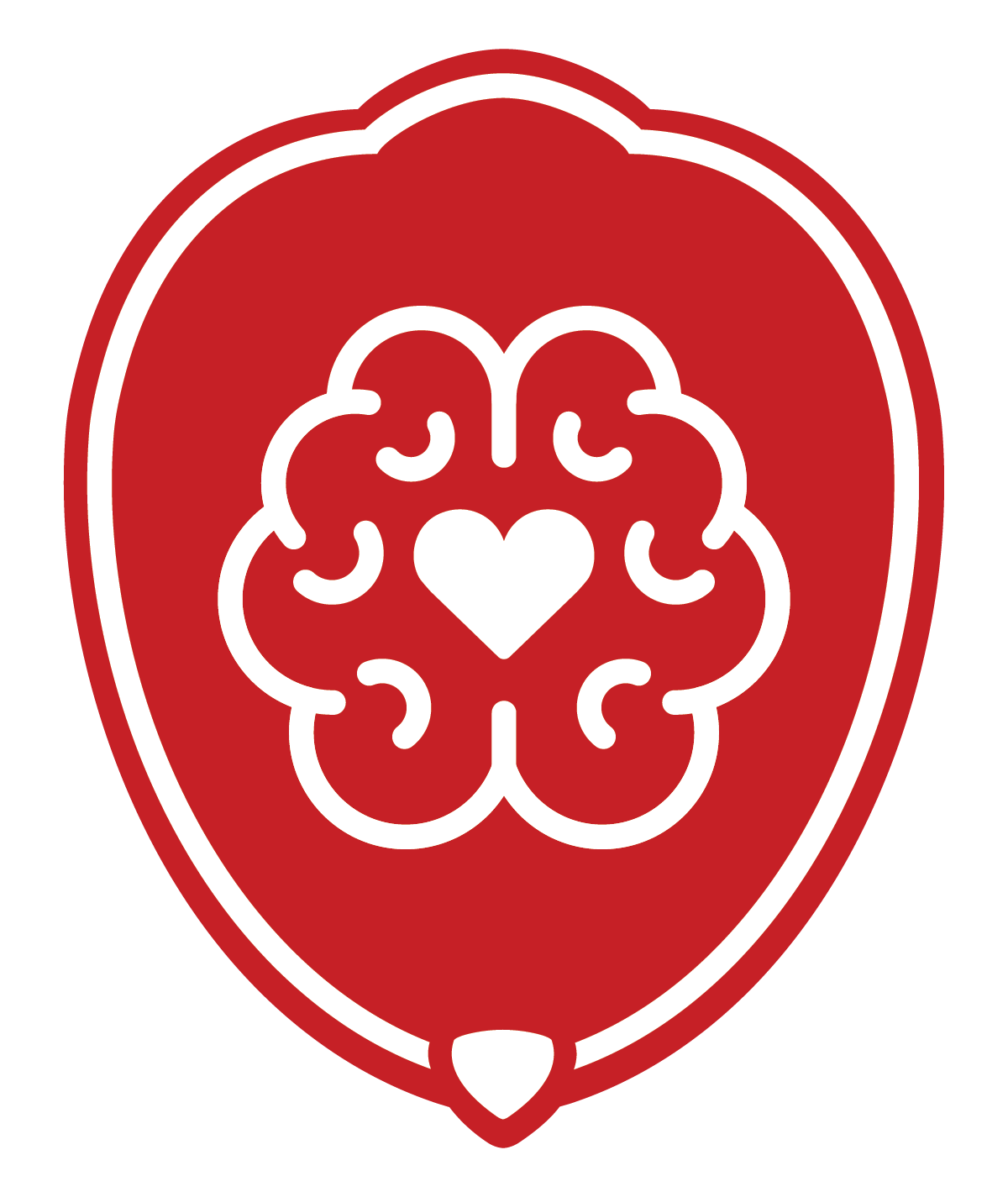
Session: II
Ages: 7–10
Lead Instructor: Dalal Abu Amneh, visiting scientist and artist, Center for Healthy Minds
Matt Hirshberg, research assistant professor, Center for Healthy Minds
Take part in an interactive program that brings you and your fellow classmates together for a transformative experience in music, neuroscience, mindfulness, and well-being. Through engaging activities, musical exploration, contemplative practices, and simple neuroscience-based tools for a healthy lifestyle, you will deepen your connection, enhance emotional awareness, and acquire practical skills for well-being.
Anticipated Activities:
- Go on a musical exploration.
- Discover contemplative practices.
- Learn about neuroscience-based tools.
Physical Activity Level: High
VETERINARY MEDICINE
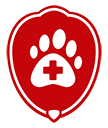
Session: I
Ages: 7–10
Lead Instructor: Karen Herschberger-Braker DVM’10, assistant teaching professor, Department of Comparative Biosciences and Pathobiological Sciences
See your love for animals grow as you work with live animals to learn the basics of physical examination and handling. You’ll explore comparative anatomical features, drawing on knowledge of the human form, and the basics of health and well-care in our veterinary patients. Then, discover the depth and breadth of the veterinary profession through many fun, hands-on activities.
Anticipated Activities:
- Compare anatomical features among various veterinary species with hands-on activities.
- Prepare yourself and an animal patient (model) for surgery.
- Interact with the teaching animals, such as exploring the ruminant stomach of a cow.
Physical Activity Level: Medium
Note to participants: No travel outside the country or contact with farm animals within two weeks of the program. Caution regarding animal allergies as we may handle live animals (dog, horse, cow).
VIRUSES AND CANCER
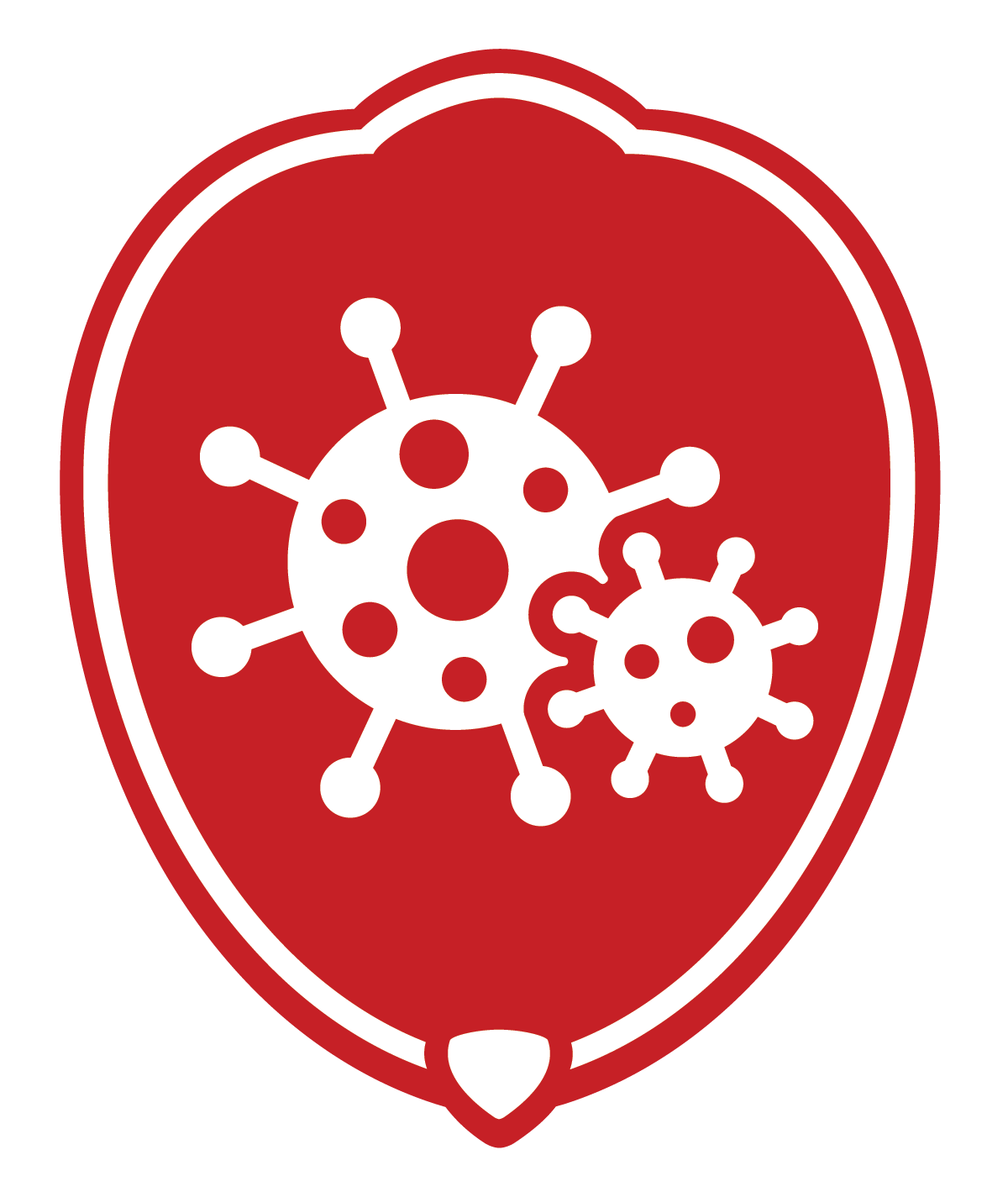
Session: III
Ages: 11–14
Lead Instructor: Megan Spurgeon, assistant professor, Department of Oncology
Discover why UW–Madison is a world-renowned academic research institution known for cutting-edge research into viruses and their role in human disease. Some viruses, called tumor viruses, contribute to forms of human cancer. Scientists at the Institute for Molecular Virology, UW Carbone Cancer Center, and McArdle Laboratory for Cancer Research study how tumor viruses infect cells, manipulate their hosts, and ultimately lead to cancer. This research is essential to developing new and better therapeutic strategies for virus-associated cancers. In this major, you will learn about viruses and how they contribute to the molecular and cellular basis of cancer.
Anticipated Activities:
- Search for changes and mutations in genes using advanced molecular techniques.
- Study how cells and tissues change during cancer progression using microscopy.
- Learn about viruses that cause cancer using various types of analyses and imaging.
Physical Activity Level: Medium
WILDLIFE ECOLOGY
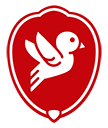
Sessions: I, II, III
Ages: 7–14
Lead Instructor: Jamie Nack MS’02, senior wildlife outreach specialist, UW–Madison Division of Extension, Department of Forest and Wildlife Ecology
Take a walk on the wild side! In this major, you’ll learn about dozens of Wisconsin’s fascinating wild animals, from ruby-throated hummingbirds to black bears. Then, pick up the basic techniques of bird identification and birdwatching. Finally, test your new skills by going on a scavenger hunt around campus in search of wildlife and the clues they’ve left behind.
Anticipated Activities:
- Make plaster animal tracks.
- Tour the wildlife “museum” and see hundreds of specimens, including birds, mammals, reptiles, and amphibians.
- Explore Lakeshore Path in search of wildlife.
Physical Activity Level: High
Note to participants: The program is outdoors, rain or shine, so dress appropriately for the weather. If you have binoculars, please bring them with you.
WONDERS OF PHYSICS

Sessions: I, II, III
Ages: 7–14
Lead Instructor: Haddie McLean ’00, outreach program manager, Department of Physics
Get ready to “ooh” and “aah” while learning about the wonders of physics during a fun — and delicious — series of experiments! You’ll first pick up some physics basics before putting those new skills to the test!
Anticipated Activities:
- Learn how to break glass without making a sound.
- Tour the quantum lab and make a paper circuit greeting card.
- Make ice cream using liquid nitrogen.
- Visit the Ingersoll Wonders of Physics Museum.
Physical Activity Level: Medium